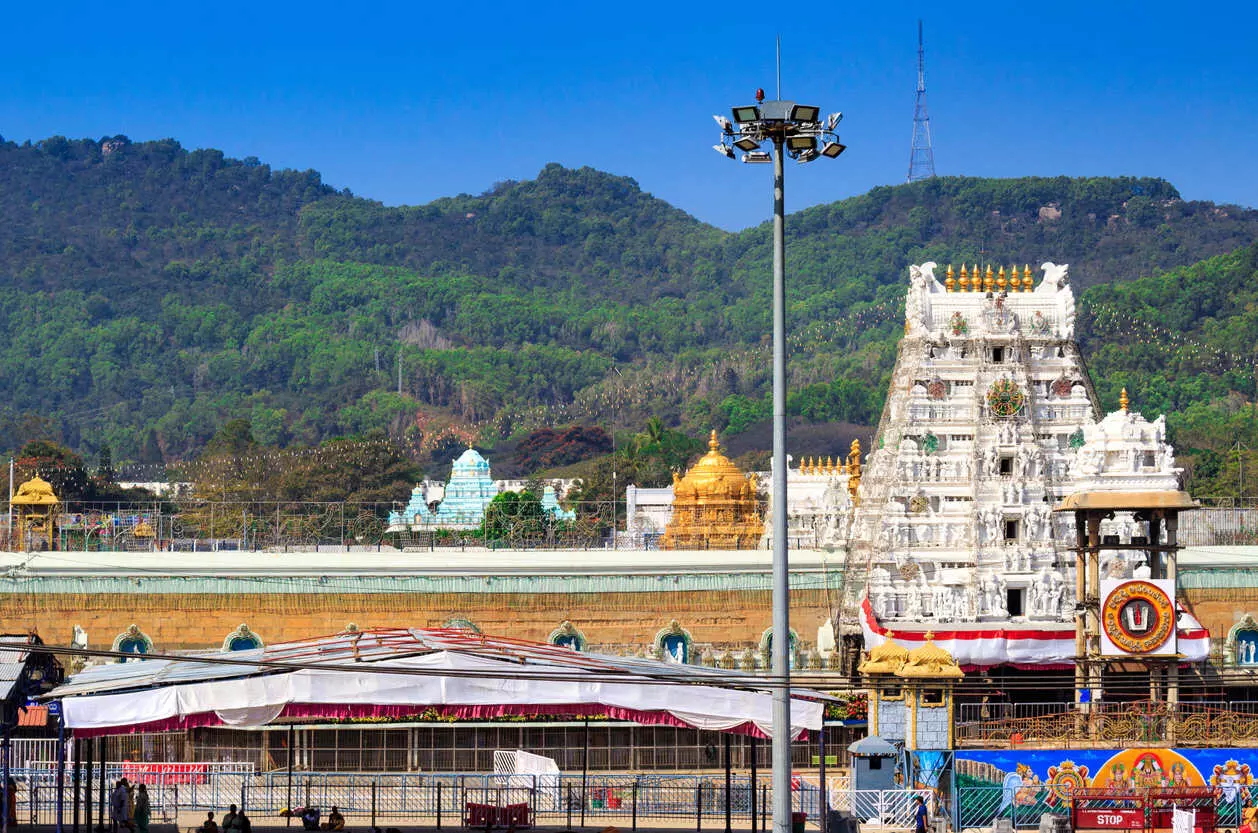MCC: TTD cancels recommendation letters for accommodation, darshan
It will be considered only to the protocol dignitaries who come by themselves as per rules till the code is over.
By Newsmeter Network
Tirumala: In view of Election code in Andhra Pradesh, the Tirumala Tirupati Devasthnam (TTD) has made certain changes in VIP Darshan and accommodation which has come with immediate effect from March 17, Saturday onwards.
On Saturday, the Election Commission of India announced the schedule for the State Legislative elections and Lok Sabha elections. Andhra Pradesh will go to polls on May 13 and the results will be announced on June 4. Model Code of Conduct comes into force from March 16.
Henceforth the letters of recommendation for accommodation and darshan in Tirumala will not be accepted as in the past. All such recommendations letters are cancelled from March 16.
However the Srivari darshan and accommodation will be considered only to the protocol dignitaries who come by themselves as per rules till the code is over.
TTD appealed to the devotees and VIPs to take note of this matter and cooperate with the management.
What is MCC:
The Model Code of Conduct is a set of guidelines issued by the Election Commission to regulate the campaigning of political parties and candidates during elections.
During this time, candidates and political parties must strictly adhere to the MCC guidelines, and in case of violations, the ECI can take action.
Candidates are prohibited from announcing financial grants, schemes.
The government cannot launch new projects or lay the foundation stones for new projects.
Ad-hoc appointments in government or public undertakings that could influence voters are prohibited.
The use of government resources, including transport, machinery, and security personnel, for election campaigning is strictly prohibited.
Rest houses, dak bungalows, or other government facilities should not be used by any political party or candidate for poll purposes.
Activities such as exploiting caste and communal sentiments to influence voters, spreading rumours, and attempting to bribe or intimidate voters are not allowed.